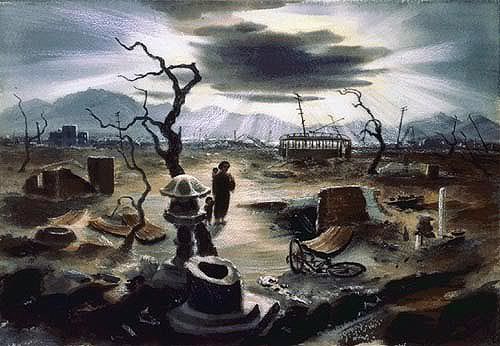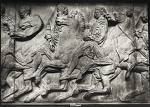Svea Ashe DBQ
According to the following documents, how did the expansion of trade in the postclassical period conflict or not conflict with the dominant religious and philisophical systems? Trade had both positive and negative views from religious and philosophical system, depending on the area.
At first muslims held a negative views about trading, thinking that it was a sin. Muhammad, a trader himself, told people that trading is not a sin, provided that the traders are not being dishonest and sinful.(doc#1) Overall they had a positive view on trading. The essential thing Muhammad was trying to get at was that honesty was very important. "The buyer and the seller have the right to keep or return goods ; and if both parties spoke the truth.." -Muhammad. What he's saying is that people have the right to trade and what their religion is concerned about is keeping their honesty.
Saint Godric, a british merchant, views trade as a practical career for boys to learn good life skills. He describes trade as "prudent" . According to him, a person in trade would grow to be wise, have good bargaining economical , and mathematical skills.(doc.#3) Over all he has a positive view on trading.
Zang Han' essay on merchants states that merchants are wise, rich, and popular with girls.(doc#6) He says that money and profit is of great importance to men. However, Han says that merchants do think they know everything, all the "possible transformations in the universe."
Ibn khaldun gives a different muslim view on the characteristics of traders. he says that traders are inferior to rulers, they are not manly or upright. He also says that traders are not virtuous, and that they support flattery, evaisivness, litigation and disputation.(doc#2) overall he has a negative view on trading. What was important to him was how the traders carry themselves, and to him they were non-virtuous inferior, ect.
Pope Innocent the III had a similar view, although his was a more practical approach. He said that prehaps cities were too dependant on trade, and how the merchants shouldn't be aiding enemy cities. (doc.#4)The essential thing Pope Innocent was trying to get at was how trading was having a negative affect on cities.
Another negative view on trading was from Humbart de Romans, who talks about medieval fairs and markets. His main problem was that since there was trading the market was open everyday, and men were missing the divine office to go to the marketplace. Also there was drinking and violence at these places. (doc.#5) The essential thing that Humbart was trying to get at was that men were missing holy days to visit the market place.
Merchants caused both conflicts and non-conflicts for civilizations, based on their religion, custons, ect. A lot of times people did not like merchants because of their attitudes, but people who liked merchants thought they were wise and benificial. One document that isnt here that I would like to be here is a document from India. India was a big civilization with trade happening and a view from there would be good.
Wednesday, December 10, 2008
Subscribe to:
Post Comments (Atom)








No comments:
Post a Comment